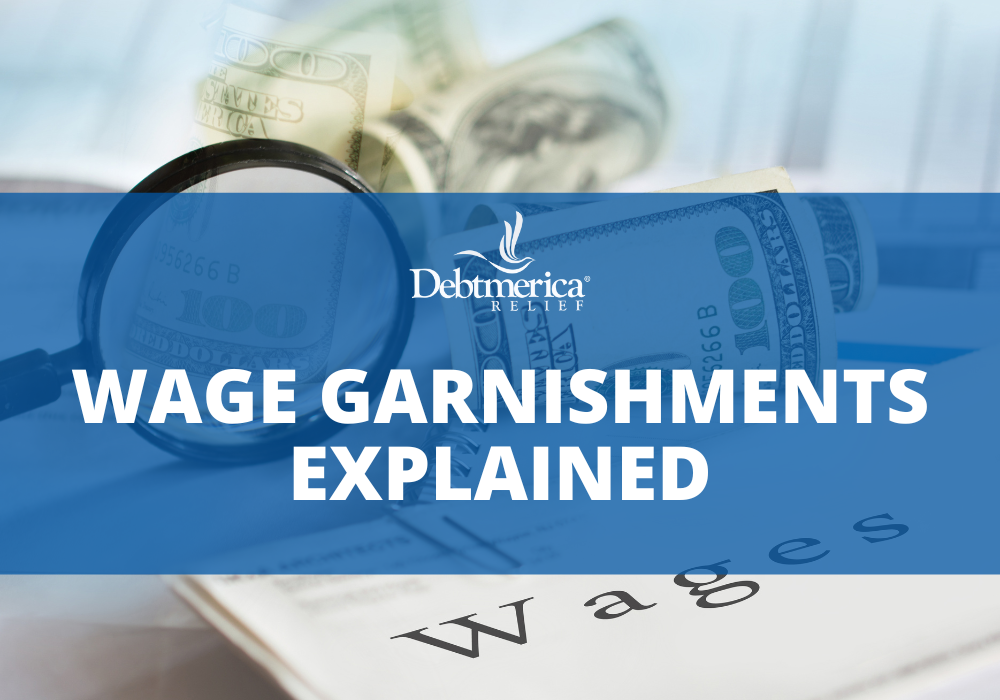Wage Garnishments Explained

Wage garnishment is a legal process in which a portion of an individual’s earnings is withheld by their employer in order to satisfy a debt. This process is typically initiated by a court order or government agency, and it is used as a means to collect unpaid debts such as child support, taxes, student loans, or other financial obligations. While wage garnishment can be a challenging experience for individuals, it is essential to understand the legal framework, limitations, and implications associated with this process.
Legal Basis
Wage garnishment is a legal remedy that creditors and government agencies can pursue to recover money owed to them. It is important to note that creditors cannot simply start garnishing wages without obtaining a court judgment or an administrative order. The legal process involves filing a lawsuit, obtaining a judgment, and then securing a court order for wage garnishment. This ensures that the individual owing the debt has an opportunity to defend their case and that the court reviews the relevant information before allowing wage garnishment to proceed.
Types of Debts Subject to Wage Garnishment
- Child Support and Alimony: One of the most common reasons for wage garnishment is the non-payment of child support or alimony. Governments take a strong stance on ensuring the financial well-being of children, and wage garnishment is a tool used to enforce these support obligations.
- Unpaid Taxes: Federal and state governments have the authority to garnish wages to collect unpaid taxes. This includes income taxes, property taxes, and other tax-related debts.
- Student Loans: In the case of defaulted student loans, the government or private lenders may seek wage garnishment to recover the outstanding amount. However, there are limitations on the percentage of income that can be garnished for this purpose.
- Court-Ordered Judgments: If an individual loses a lawsuit and is ordered by the court to pay a monetary judgment, the prevailing party may seek wage garnishment to satisfy the debt.
Limitations on Wage Garnishment
While wage garnishment is a powerful tool for creditors, there are legal limitations to protect individuals from extreme financial hardship. The Consumer Credit Protection Act (CCPA) sets a maximum limit on the amount of income that can be garnished. The limit for private debt is generally 25% of disposable income, or the amount by which a debtor’s income exceeds 30 times the federal minimum wage, whichever is less. If you earn 30 times the federal minimum wage or less, you will not be garnished.
Child support and alimony garnishments are much higher than private debt. You can be garnished as much as 50 to 65% of your take-home pay. Student loans are limited to a 15% garnishment. If you owe back taxes with the IRS, the amount they garnish depends on your standard deduction and the number of dependents claimed on your tax return. State laws may also impose additional restrictions.
Notice and Opportunity to Contest
Before wage garnishment can occur, individuals are typically provided with notice of the impending action. This allows them an opportunity to challenge the debt or negotiate a repayment plan before their wages are garnished. It is crucial for individuals facing wage garnishment to seek legal advice and explore all available options to address the underlying debt. To stop garnishment, you can try to work out another payment arrangement with your creditor.
Debt Help for Those Being Garnished
Wage garnishment is a legal process designed to collect unpaid debts through the withholding of a portion of an individual’s earnings. While it can be a challenging experience, there are legal safeguards in place to prevent excessive financial hardship. Understanding the legal basis, types of debts subject to garnishment, limitations, and the opportunity to contest the action are essential aspects for individuals navigating this process. Seeking legal advice and exploring alternative solutions before wage garnishment occurs can help individuals manage their financial obligations more effectively. Debtmerica Relief has over 17 years of experience in providing relief to our clients whose debts have become too much to handle.
If you need help with debt, contact us for a free consultation.



